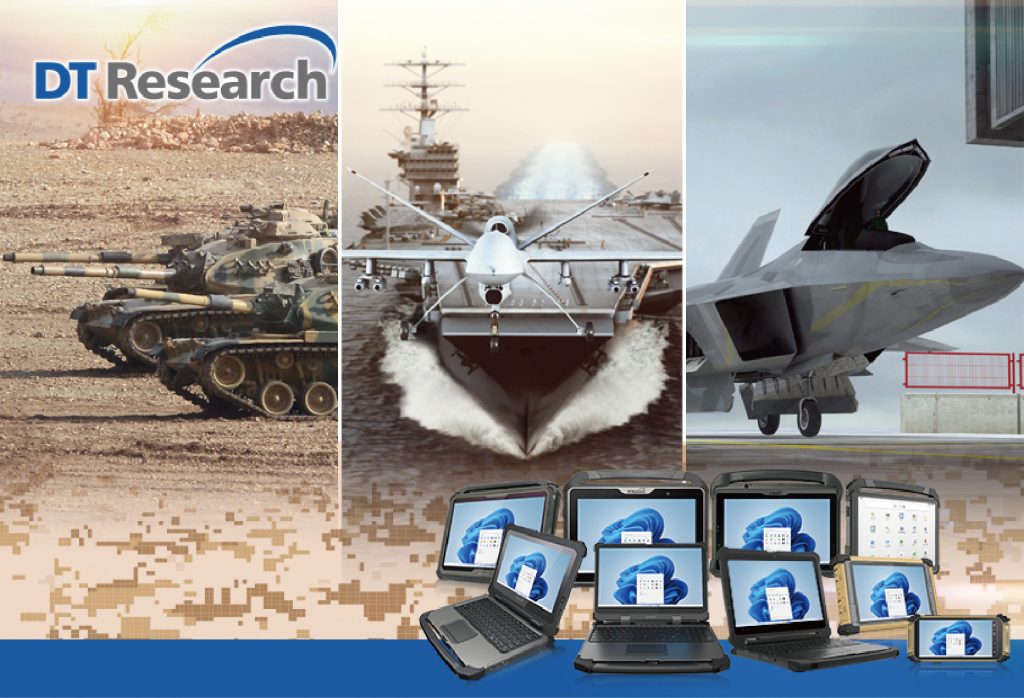
In the dynamic realm of Sea, Air, and Space operations, the importance of efficient healthcare delivery cannot be overstated. Whether on land, at sea, or in the skies, the integration of Artificial Intelligence (AI) holds tremendous potential to revolutionize healthcare systems within the Army/Navy, driving improved outcomes, enhanced efficiency, and cost savings. This article explores the transformative impact of implementing AI in healthcare delivery, the benefits of adopting an enterprise-grade approach, and the significance of data governance and security in ensuring the success of these initiatives.
Implementing AI to Improve Healthcare Delivery Systems
Incorporating AI into Army/Navy healthcare systems marks a significant leap forward in enhancing patient care and operational efficiency. By harnessing the power of advanced analytics and machine learning, AI can analyze vast volumes of data, from medical records to real-time patient monitoring, to identify patterns, predict outcomes, and personalize treatment plans. Whether deployed in remote locations or aboard naval vessels, AI-enabled healthcare solutions empower providers to deliver timely, evidence-based care tailored to the unique needs of service members and personnel across Sea, Air, and Space domains.
The Benefits of an Enterprise-Grade Approach to Modernize Healthcare
Embracing an enterprise-grade approach to healthcare modernization offers a myriad of benefits for Army/Navy operations. By centralizing data management and interoperability, enterprise-grade systems facilitate seamless information exchange and continuity of care across diverse environments. Moreover, these systems enable scalability, resilience, and adaptability, laying the foundation for future innovations and advancements in healthcare delivery. By consolidating resources and standardizing processes, an enterprise-grade framework optimizes efficiency and cost-effectiveness, ensuring optimal healthcare outcomes for service members and personnel.
Data Governance, Exchange, and Security
As healthcare systems increasingly rely on data-driven insights, robust data governance, exchange, and security protocols are indispensable. In Sea, Air, and Space operations, where sensitive medical information is transmitted across disparate locations, ensuring the integrity and confidentiality of healthcare data is paramount. Army/Navy healthcare systems must implement stringent measures to safeguard against data breaches, cyber threats, and unauthorized access, adhering to regulatory frameworks such as HIPAA to protect patient privacy and compliance.
Employing AI to Support Better Clinical Care Decisions
One of the most compelling applications of AI in healthcare is its ability to augment clinical decision-making processes. By analyzing vast datasets and synthesizing complex information, AI-powered algorithms can assist providers in diagnosing conditions, predicting treatment outcomes, and optimizing care pathways. Whether deployed in field hospitals or aboard naval vessels, AI-enabled clinical decision support systems empower providers to make informed, evidence-based decisions, enhancing patient safety and quality of care across Sea, Air, and Space domains.
Deploying AI to Further the Quintuple Aim Goals
The Quintuple Aim framework, focusing on health equity, clinician well-being, and value-based care, serves as a guiding principle for healthcare transformation within the Army/Navy. By leveraging AI to address social determinants of health, improve care coordination, and optimize resource utilization, healthcare systems can advance the Quintuple Aim goals and drive positive outcomes for service members and personnel. From reducing healthcare disparities to enhancing operational efficiency, AI-enabled initiatives contribute to a healthier, more resilient force, aligning with the strategic objectives of Sea, Air, and Space operations.
The Quintuple Aim and its Potential Impact on Society and the Economy
As highlighted in a recent study published in the National Center for Biotechnology Information, the Quintuple Aim has the potential to be a game-changer not just for military operations but for society and the economy as a whole. By prioritizing health equity, clinician well-being, and cost containment, AI-enabled healthcare initiatives generate significant cost savings, enhance productivity, and foster economic growth. Moreover, by improving healthcare outcomes and reducing disparities, these initiatives contribute to a healthier, more equitable society, with far-reaching benefits for individuals, communities, and nations.
In conclusion, integrating AI into Army/Navy healthcare systems represents a transformative opportunity to enhance healthcare delivery across Sea, Air, and Space domains. By leveraging advanced analytics, interoperability, and clinical decision support, AI-enabled initiatives drive improved outcomes, efficiency, and cost savings, while advancing the Quintuple Aim goals of health equity, clinician well-being, and value-based care. As Sea, Air, and Space operations continue to evolve, the adoption of AI holds immense promise for ensuring the well-being and readiness of service members and personnel in all operational environments.

